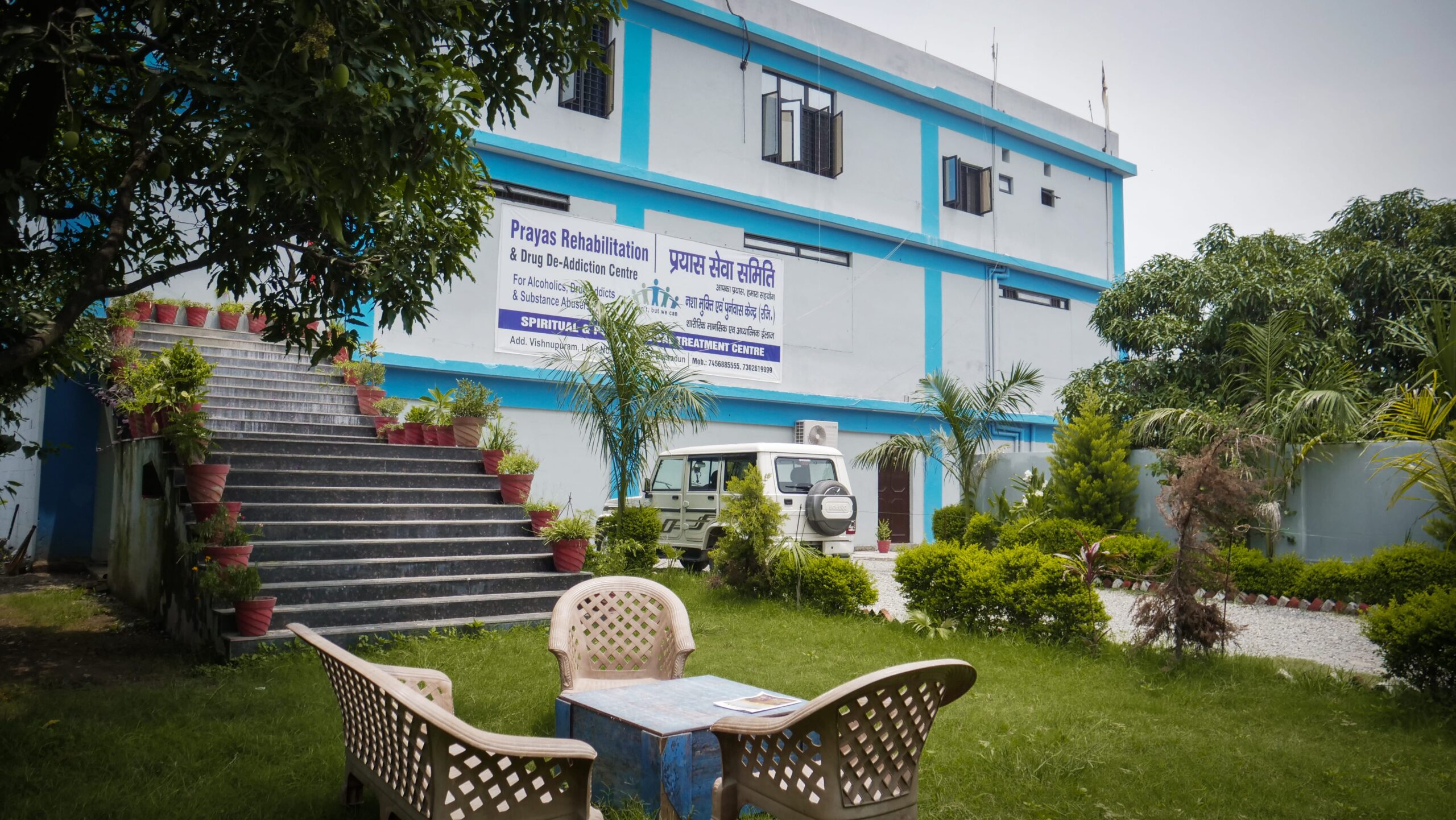Nutrition and Mental Health In Rehab

In the journey to recovery, one often overlooked yet vital element is nutrition and mental health in rehab. At Prayas Sewa Samiti, a leading name in holistic addiction treatment, the integration of balanced nutrition into rehabilitation programs is fundamental.
Proper nutrition not only restores physical health but also plays a significant role in supporting emotional and psychological recovery. This article explores how nutrition and mental health in rehab are deeply interconnected and why dietary care should be an essential component of any effective recovery plan.
The Link Between Nutrition and Mental Health in Rehab
Nutrition and mental health in rehab go hand in hand. During substance abuse, the body is often deprived of essential nutrients. This deficiency can lead to mood swings, anxiety, depression, and cognitive issues. Reintroducing a nutrient-rich diet helps stabilise these conditions. For example, foods high in omega-3 fatty acids, B vitamins, and antioxidants can support brain health and reduce symptoms of depression and anxiety.
How Substance Abuse Harms Nutritional Health
Substance use depletes the body’s natural resources. Alcohol, opioids, and stimulants affect the absorption and processing of nutrients like vitamin C, calcium, and magnesium. The impact of this on nutrition and mental health in rehab is significant, as poor nutrition can hinder the body’s ability to heal both physically and mentally. Without the proper building blocks, brain function and emotional regulation are compromised.
Nutritional Therapy in Rehab Programs
Many rehab centres now include dietary counselling and meal planning as part of their recovery protocols. At Prayas Sewa Samiti, clients receive personalised nutrition plans that focus on restoring nutrient balance and improving overall well-being. This focus on nutrition and mental health in rehab helps patients feel better faster, sustain energy levels, and manage mood fluctuations.
Mood Regulation Through Diet
Certain nutrients have a direct impact on neurotransmitter production. For instance:
-
Tryptophan helps produce serotonin, a mood stabiliser.
-
Magnesium is known to calm the nervous system.
-
Zinc supports cognitive function.
These nutrients, when incorporated into daily meals, can significantly improve nutrition and mental health in rehab outcomes.
Addressing Cravings with Proper Nutrition
Nutritional imbalances can lead to increased cravings, which pose a risk for relapse. Managing these cravings with balanced meals rich in protein and complex carbohydrates can stabilise blood sugar and reduce the likelihood of emotional or impulse-driven relapse. This shows the role of nutrition and mental health in rehab in sustaining long-term sobriety.
Nutrition’s Role in Cognitive Recovery
Addiction often impairs memory, focus, and decision-making. Nutrients like B-complex vitamins and iron help restore cognitive function. Supporting nutrition and mental health in rehab means empowering patients to regain mental clarity and emotional resilience, which are vital for reintegration into daily life.
Gut-Brain Connection in Mental Health
Emerging research shows that gut health significantly influences mental health. A balanced diet rich in probiotics and fibre supports gut flora, which in turn regulates mood and cognitive function. Strengthening this gut-brain axis is another key aspect of enhancing nutrition and mental health in rehab.
Holistic Approach at Prayas Sewa Samiti
At Prayas Sewa Samiti, nutritional counselling is integrated with therapy, physical activity, and spiritual care. This comprehensive model ensures that nutrition and mental health in rehab are not addressed in isolation but as part of a unified recovery plan.

Challenges in Implementing Nutritional Care
Despite its benefits, implementing nutrition plans in rehab can be challenging due to budget constraints, lack of awareness, or resistance from patients. However, continuous education and support from staff can help overcome these hurdles and reinforce the importance of nutrition and mental health in rehab.
Conclusion
In conclusion, nutrition and mental health in rehab are inseparable components of a successful recovery process. Nutritional support enhances emotional stability, reduces cravings, and restores cognitive function. Institutions like Prayas Sewa Samiti and programs like Prayas Nasha Mukti Kendra lead the way in integrating nutrition into mental health treatment during rehabilitation, ensuring a holistic and sustainable path to recovery.